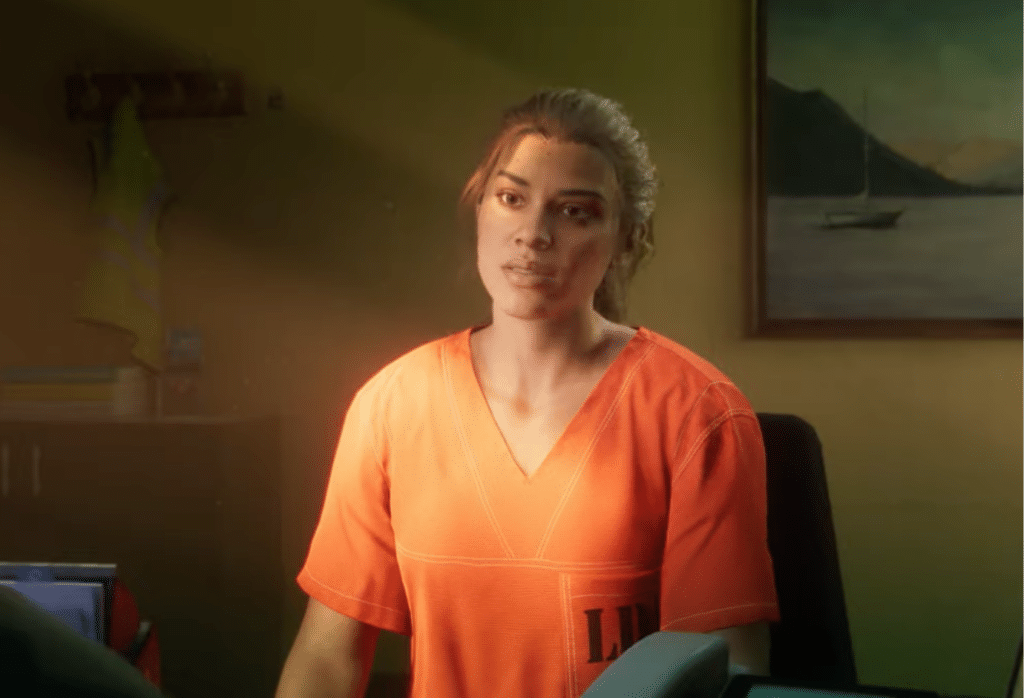One of the most popular video games in history is getting its first female protagonist.
Grand Theft Auto (GTA), the last iteration of which came out in September 2013, has revealed its long-anticipated sequel – the sixth in the game’s series, will feature a young female lead named Lucia.
The trailer for GTA6 dropped on Monday this week, and amassed over 26 million views within two hours.
The 90 second trailer, soundtracked with Tom Petty’s 1989 single, Love is a Long Road, shows the franchise’s first female protagonist traverse through a Miami-like city called Vice City with an unnamed male character, their adventures filled with bank robberies and car chases and violent shoot-outs — classic GTA territory.
The makers of GTA, Rockstar Games, said the game will likely drop some time in 2025.
A female protagonist is a pretty big deal, considering the extraordinary gender imbalance in gaming, and the fact that the previous game, GTA5, saw players toggle between three delinquent male characters.
GTA6 is expected to sell a lot of copies. GTA5 was one of the bests-selling games of all time, selling over 190 million copies since its release, and generating over US$7.7 billion in revenue to date.
Perhaps a female lead might address the historic sexism rife in gaming?
In March this year, researchers at the University of Glasgow found games included twice as much male dialogue as female dialogue on average.
The study, which was the largest-ever study of video game dialogue, discovered that 94 per cent of games had more male dialogue than female dialogue, including games with several female protagonists like Final Fantasy X-2 or King’s Quest VII.
In fact, only three games among a total of fifty had more than 50 per cent female dialogue.
Good news is that the study also found the proportion of female dialogue is steadily rising with more recent games. If the trend continues however, it will still take more than a decade to reach parity, according to the researchers.
One expert from Cardiff University warned that more dialogue doesn’t necessarily mean better gender representation.
Dr Roberts, Lecturer at Cardiff’s School of English, Communication and Philosophy, said “Around half of gamers are female, but they experience a lot of abuse and exclusion.”
“More diverse representation is being called for by players and developers. So we hope that developers will consider addressing the imbalances we found in order to create more inclusive games”.


